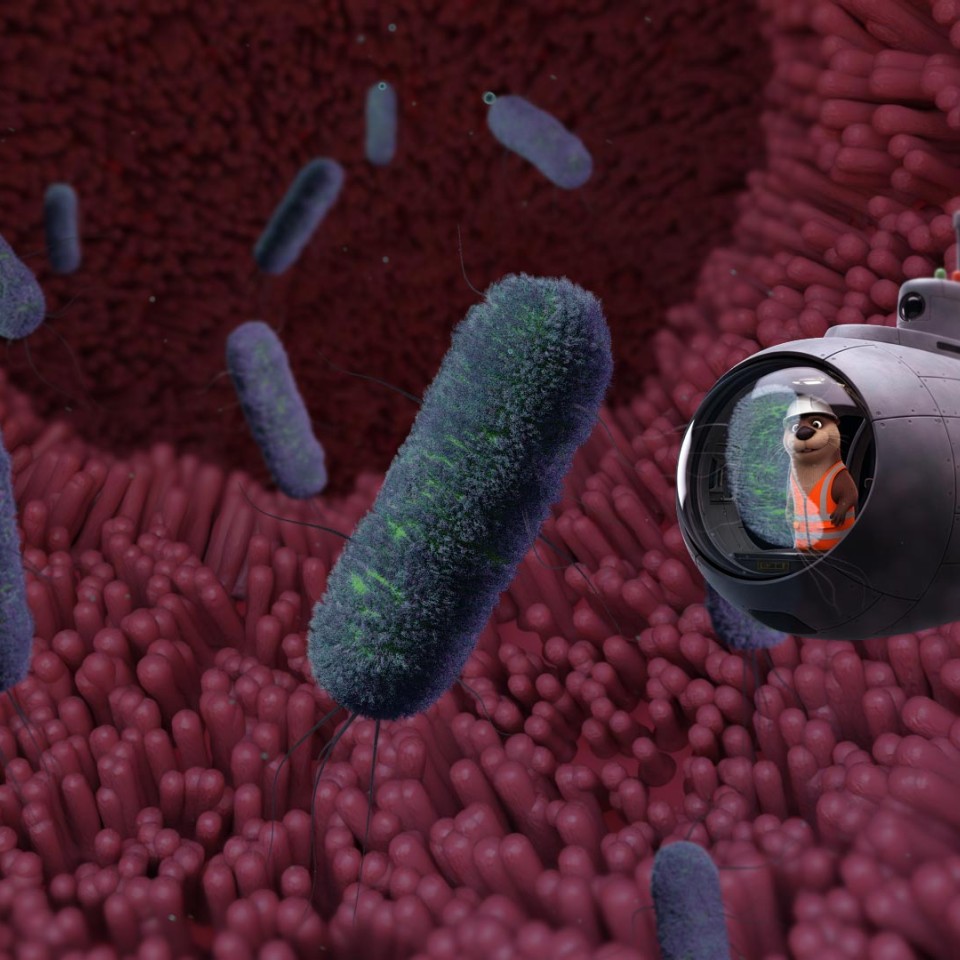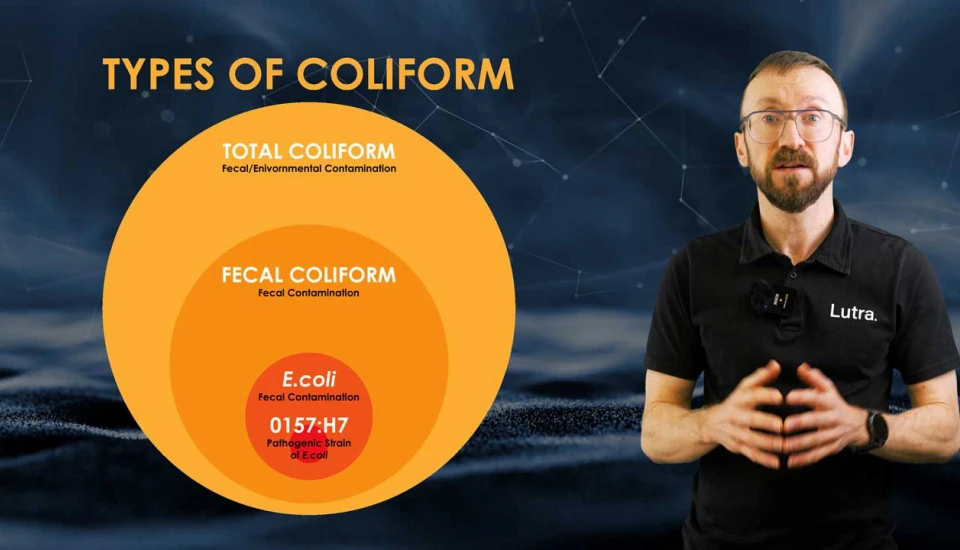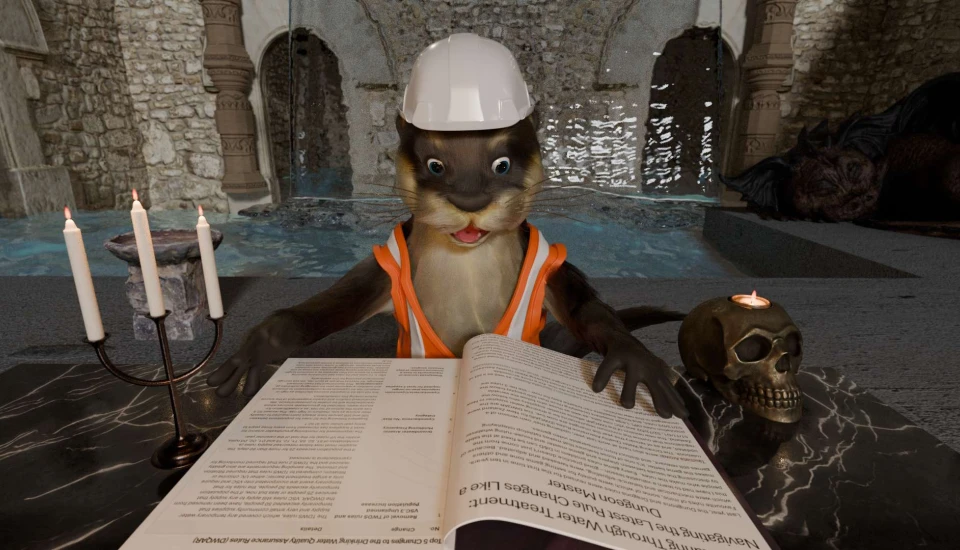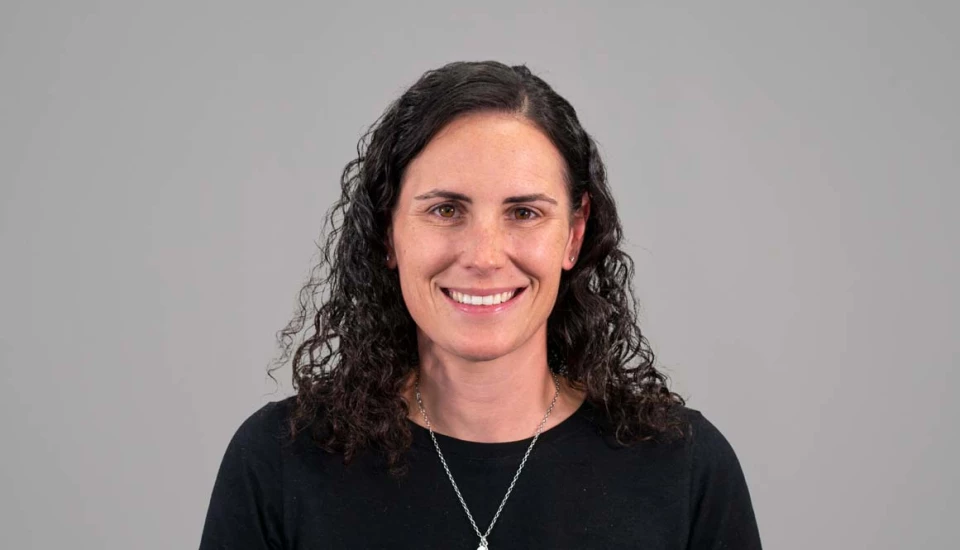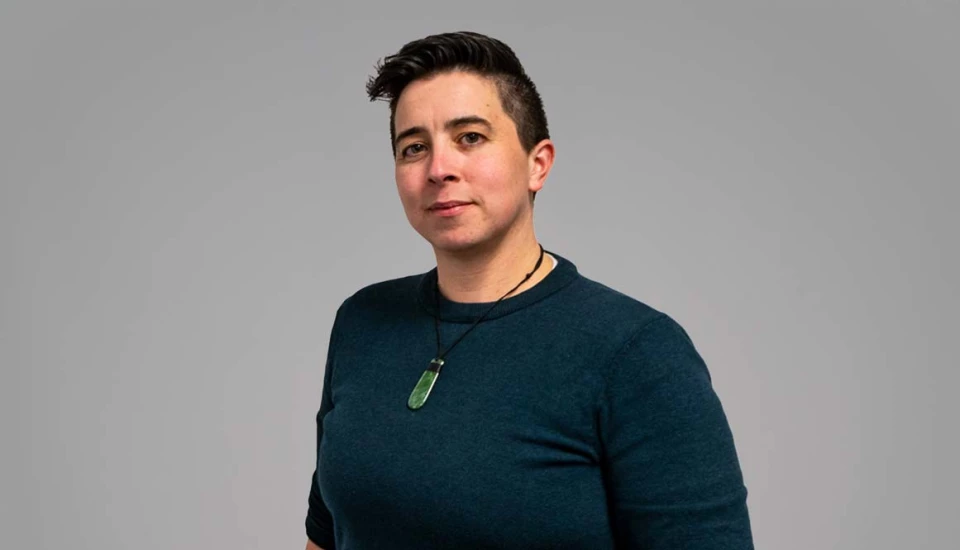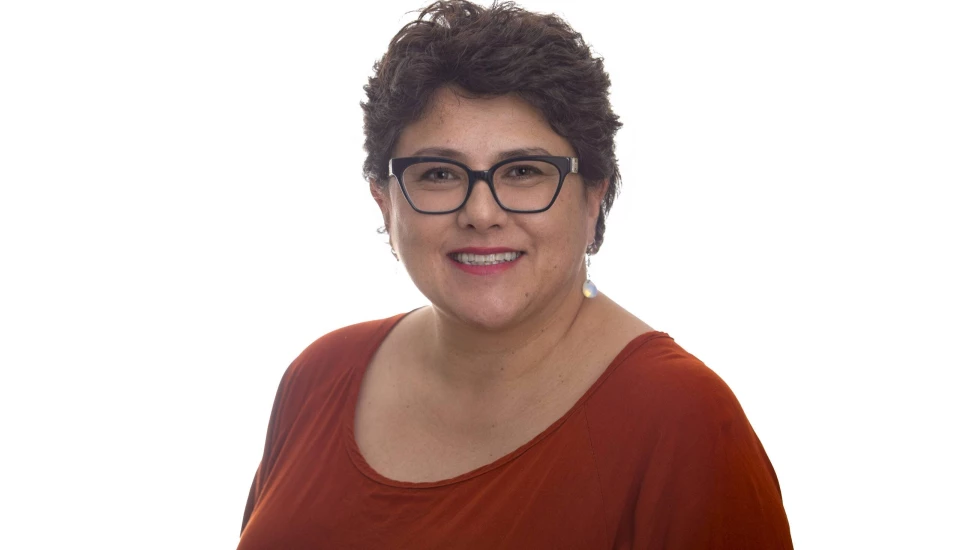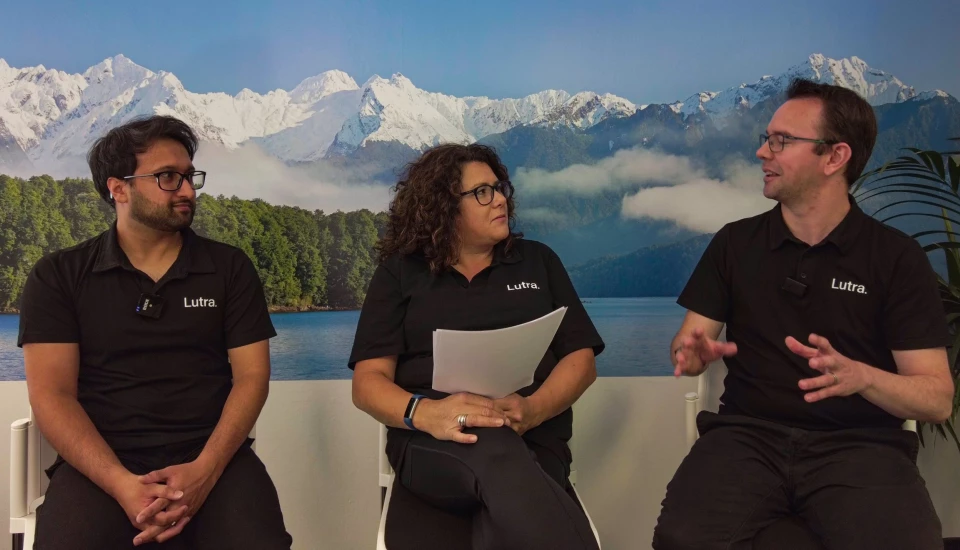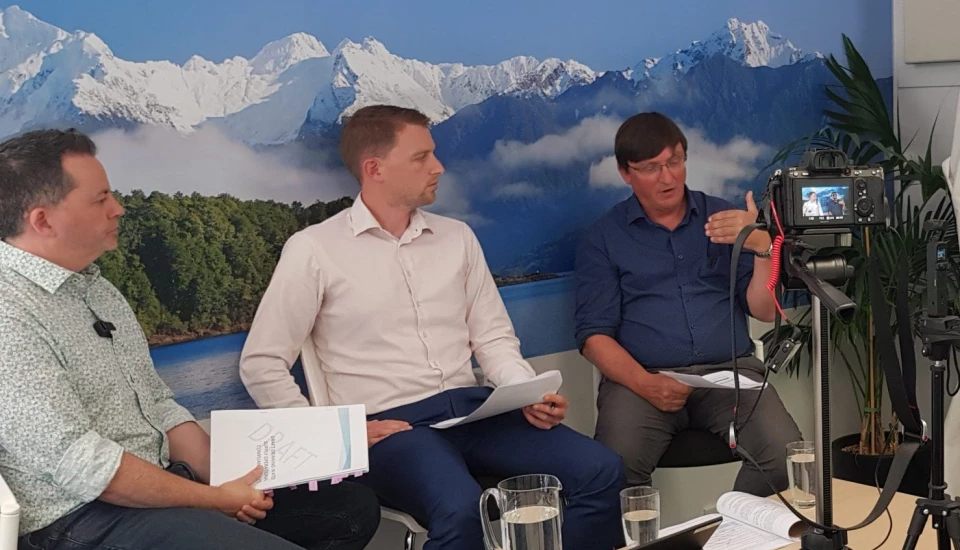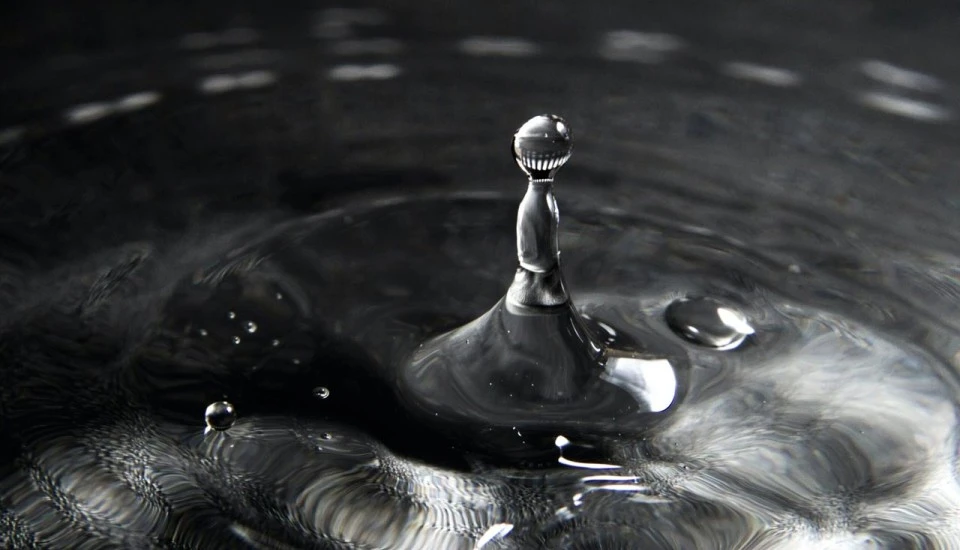What is E.coli?
If you are a water supplier, even a very small one, one of the main things you must test for is E. coli, but what is it, why should you care and what should you do if it is detected?
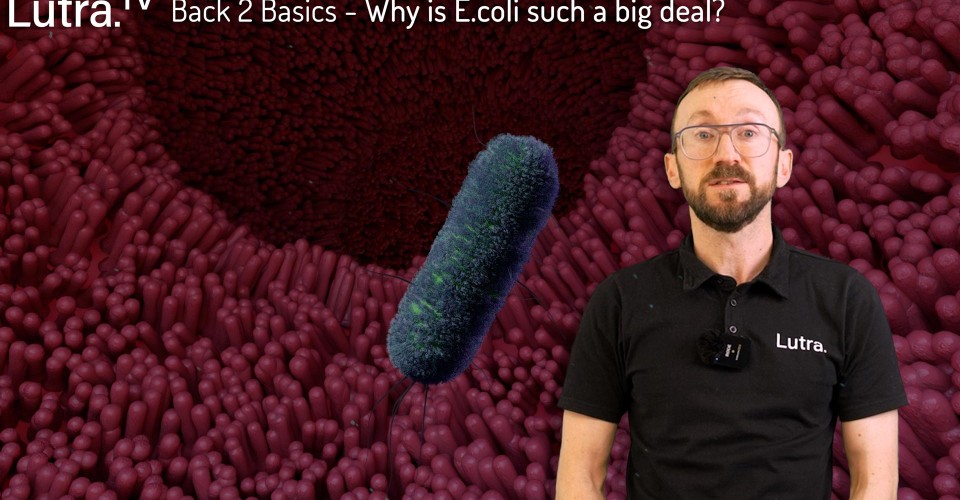
Watch the LutraTV episode on Youtube above or continue reading below.
E. coli (Escherichia coli) is a type of bacteria commonly found in the intestines of humans and warm-blooded animals. While most strains are harmless and are actually a normal part of the gut flora, some strains, such as E. coli O157:H7, can cause serious illness. Dangerous strains can lead to food poisoning or severe gastrointestinal infections, which in vulnerable individuals may be life-threatening.
E. coli can be transmitted through contaminated food, water, or contact with faecal matter. In water supplies, the presence of E. coli is used as an indicator of recent faecal contamination and possible presence of harmful microorganisms. Even a low detected amount can indicate a risk to human health.
So, if you have any E. coli detected in a water sample taken after your treatment system, for example from your kitchen tap, you know you have a big problem.
But what do you do and how can you fix it?
First issue a boil water notice: Immediately advise all consumers to boil water before use. Boiling water for at least one minute will kill E. coli and other pathogens, making it safe to drink. This means at minimum sticking signs up at all water outlets telling users the water is not fit for consumption without boiling first. Click for a printable example.
After this follow local guidelines and report the incident if required, you should check on google to find out your specific obligations. In New Zealand, the regulator Taumata Arowai has different rules depending on the number of people you supply, but you should always report a positive E.coli result, you can find out more about how to report to them here, and the full rules for water suppliers in NZ using this link.
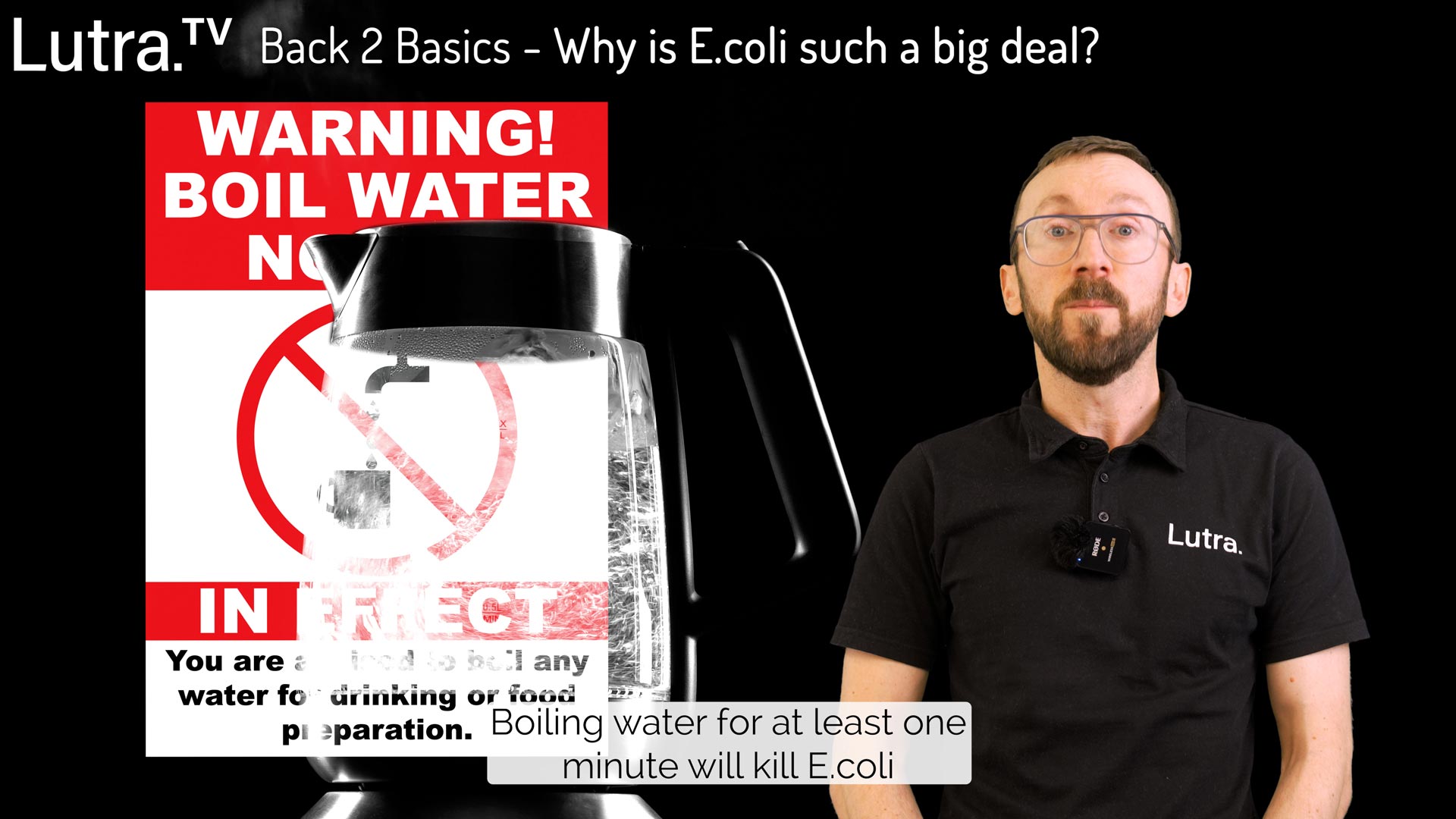
What next? Well, a boil water notice is only supposed to be a temporary fix, to ensure nobody gets sick in the short term. Now you need to find the source of the issue and look at ways to fix it. The first easy check is to make sure our treatment system is on and working. If it seems to be fine or you don’t know how to check, then get help.
Investigating these issues can be a complicated process and unless you really know what you are doing, we recommend you seek professional advice.
A local water treatment specialist should be able to help you out, try googling it. If you are in New Zealand feel free to give Lutra a call and one of our process engineers may be able to give you guidance with next steps.
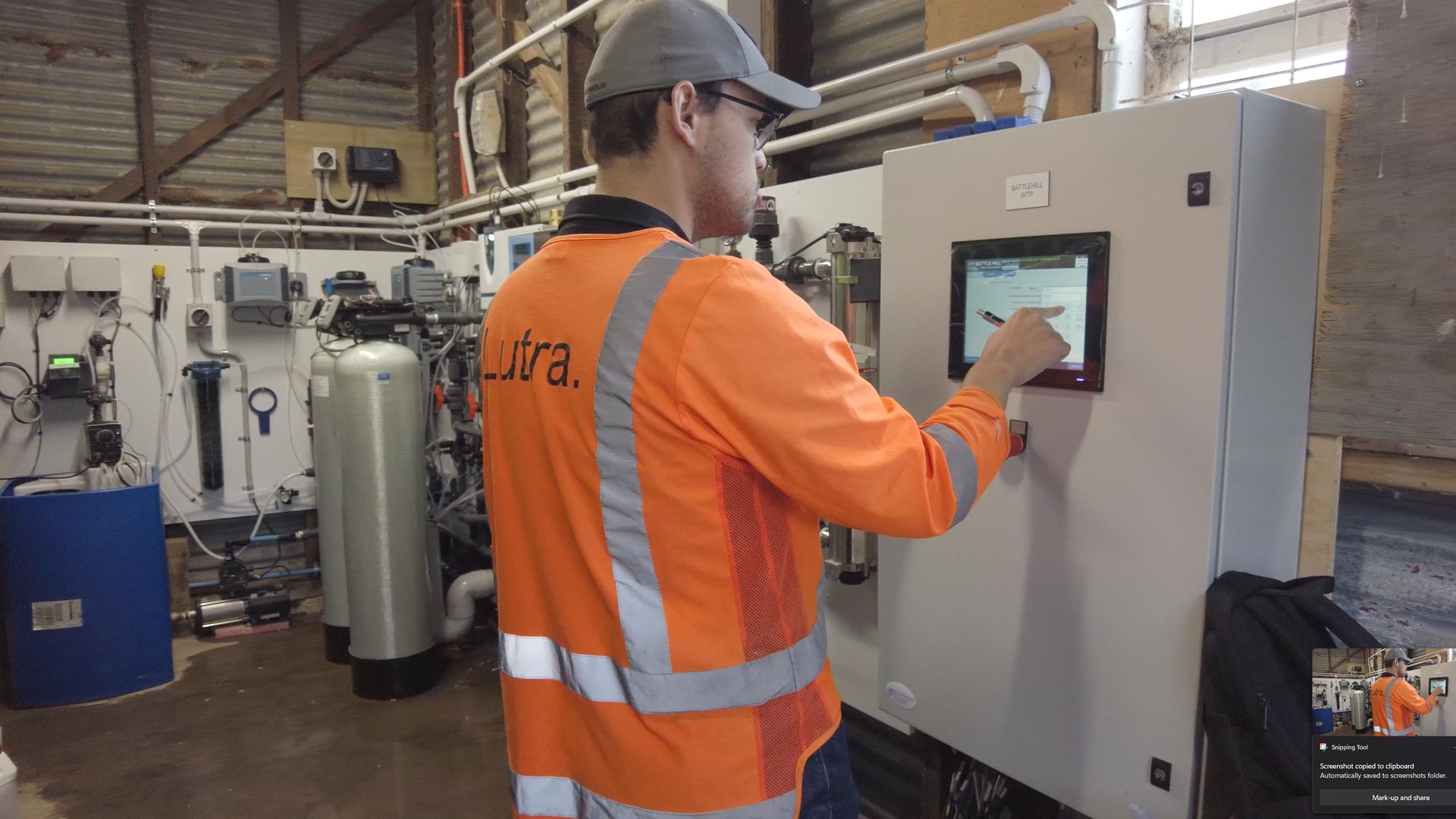
Fixes could be as simple as patching up a hole in a water tank, through to installing a new treatment system, but you won’t know until you find the cause of the problem.
So, if you see an E. coli reading in your water samples make sure you react quickly, to keep everyone safe and healthy.

